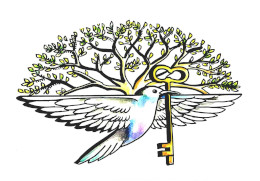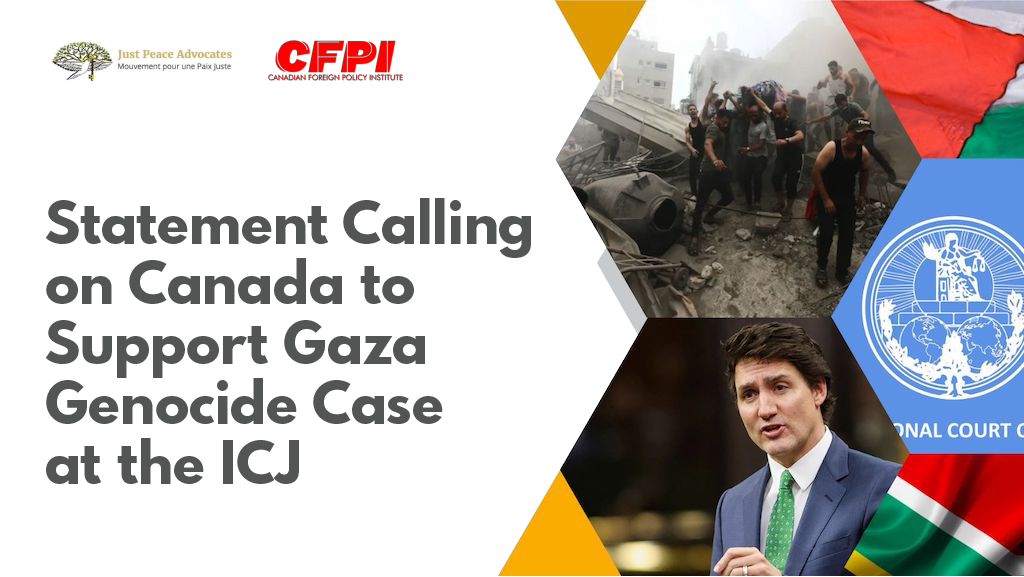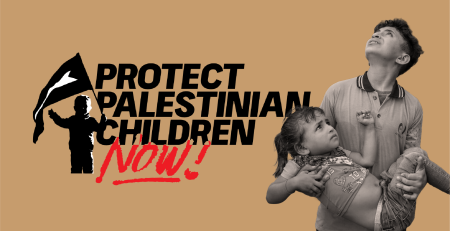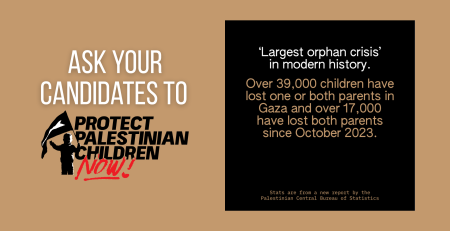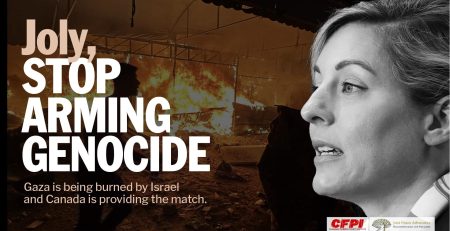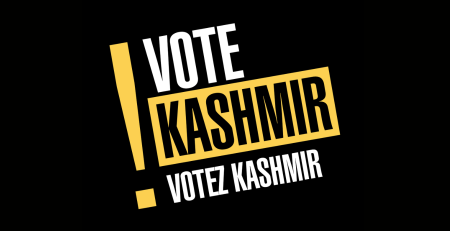Release: January 10, 2024
As civil society leaders and legal experts, and concerned members of the public, we look to the Canadian government to uphold its international legal obligation to prevent genocide, by supporting South Africa’s complaint to the International Court of Justice regarding Israel’s genocidal military operations against Palestinians in Gaza.
The complaint and urgent request for provisional measures is an important legal effort to curtail the ongoing destruction of Gaza and, crucially, the Palestinian population for whom Gaza is home. As South Africa’s 84-page submission to the Court documents, citing findings by UN bodies and other authoritative human rights and humanitarian organizations:
“Israel’s military attacks on Gaza have involved the sustained bombardment over more than 11 weeks of one of the most densely populated places in the world, forcing the evacuation of 1.9 million people or 85% of the population of Gaza from their homes and herding them into ever smaller areas, without adequate shelter, in which they continue to be attacked, killed and harmed. Israel has now killed in excess of 21,110 named Palestinians, including over 7,729 children […] and has injured over 55,243 others […] Israel has reduced and is continuing to reduce Gaza to rubble, killing, harming and destroying its people, and creating conditions of life calculated to bring about their physical destruction as a group.”
This toll has only continued to rise – not only daily, but hourly – since the filing of the case.
South Africa’s submission also compiles, in eight pages, statements from Israeli officials demonstrating genocidal intent, defined in the UN Convention on the Prevention and Punishment of the Crime of Genocide as an intent to destroy a national, ethnic, racial, or religious group in whole or in part. The grave danger of genocide in Gaza has been recognized by 50 UN Special Rapporteurs and members of UN Working Groups, the UN Committee on the Elimination of Racial Discrimination, the International Commission of Jurists, and hundreds of other international law and genocide experts.
As a spokesperson for Global Affairs Canada recently affirmed, “Canada strongly supports the role of the ICJ in the peaceful settlement of disputes.”[1] Indeed, the Canadian government has recently endorsed, intervened in, or even initiated cases at the ICJ concerning genocide in Myanmar and Ukraine, torture in Syria, and the downing of Flight PS752 by Iran.
In their Declarations of Intervention to the ICJ in the Rohingya genocide case, Canada and five other co-signatories stated that the evidence of genocide can include “a violent military operation triggering the forced displacement of members of the targeted group,” as well as “subjecting a group of people to a subsistence diet, systematic expulsion from homes and the induction of essential medical services below minimum requirement”: arguments that apply equally to the conditions created by Israel in Gaza.
We draw to your attention the important statement that has been made by the French government confirming that they will abide by the ICJ ruling on South Africa’s complaint when it is issued. We call on your government to make that same commitment, which would be in keeping with Canada’s consistent support for the vital role of the ICJ in upholding the global rule of law.
The absolute prohibition against genocide is what is known in international law as an obligation erga omnes – meaning that any violation is a violation not only against the direct targets, but against the international community. As such, the entire international community also has a responsibility to act to prevent such violations and respond when they occur.
We applaud South Africa for honoring the fundamental legal imperative to prevent and stop genocide, and exhort Canada to fulfill its own obligations by supporting South Africa’s timely and necessary initiative at the ICJ.
Approximately 150 Organizations include
CUPE Ontario
Arab Canadian Lawyers Association
BC Civil Liberties Association
Canadian Arab Federation
Canadian Lawyers for International Human Rights
Law Union of Ontario
(see full list below)
Over 1,000 civil society leaders and legal experts, and concerned member of the public.
Signatures include
Alex Neve, Senior Fellow, Graduate School of Public and International Affairs, University of Ottawa
Avi Lewis, Filmmaker and Associate Professor, University of British Columbia, Geography Department
John Philpot, international lawyer, Member of the Board of Just Peace Advocates, member of the Governing Council of the African Bar Association, member of the Consultative Council of the Asociación Americana de Juristas, Barreau du Québec
Ardi Imseis, Faculty of Law, Queen’s University
Ellen Gabriel, Kanehsatà:ke Land Defender, Indigenous Human Rights and Environmental activist
Evelyn Dürmayer, UN main representative of IADL(International Association of Democratic Lawyers) Vienna (Austria)
Fred Hahn, President CUPE Ontario
Gabor Maté MD, CM, medical doctor, author
Judy Rebick, Writer
Khaled Mouammar, Former President, Canadian Arab Federation
Leilani Farha, Human Rights Lawyer & Former UN Special Rapporteur on the right to housing
Libby Davies, Former NDP MP, 1997-2015
Majed Khraishi, Professor of Medicine
Michael Lynk, Professor Emeritus, Faculty of Law, Western University
Paul Fauteux, Lawyer, mediator, arbitrator and recipient of the Diploma of The Hague Academy of International Law
Prakash Diar, Human Rights Lawyer
Rabbi David Mivasair, Eemeritus, Ahavat Olam Synagogue
Richard Falk, International law, professor emeritus, Princeton Univeristy
Roger Waters, Musician
Romeo Saganash, Former MP for Abitibi-Baie James-Nunavik-Eeyou
Sid Ryan, Retired union leader
Sid Shniad, Founding member, Independent Jewish Voices Canada
Vijay Prashad, Director, Tricontinental: Institute for Social Research
See full list of organizations and individuals below
Organizations
Individuals
[1] https://www.theglobeandmail.com/world/article-israel-genocide-case-icj-support-allies/
